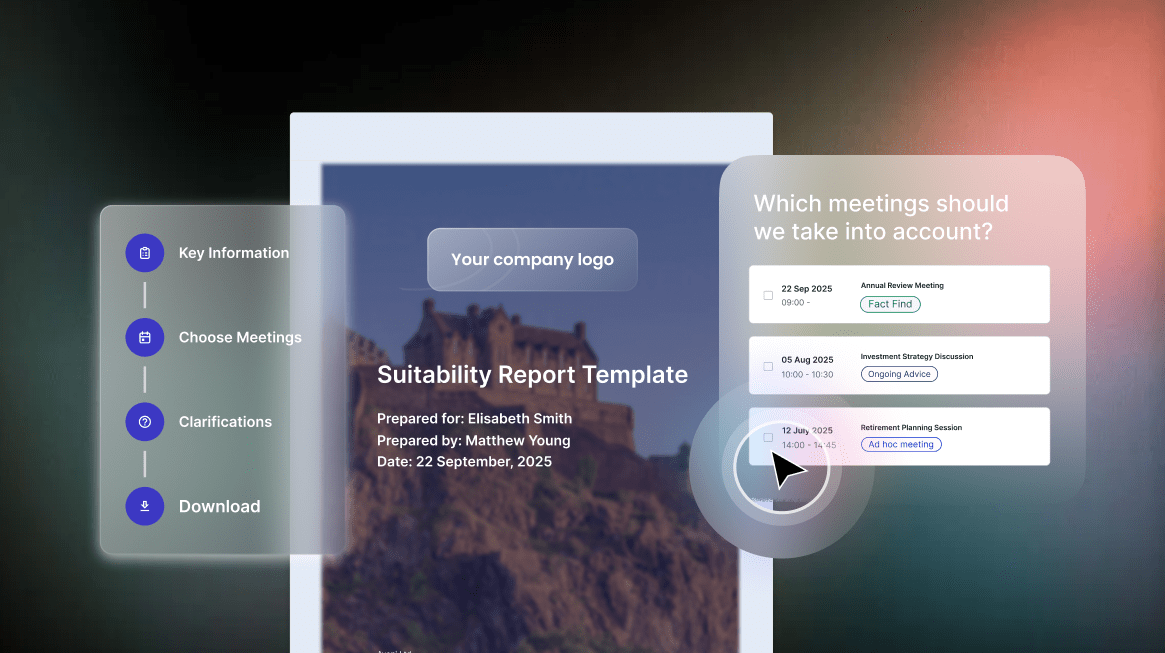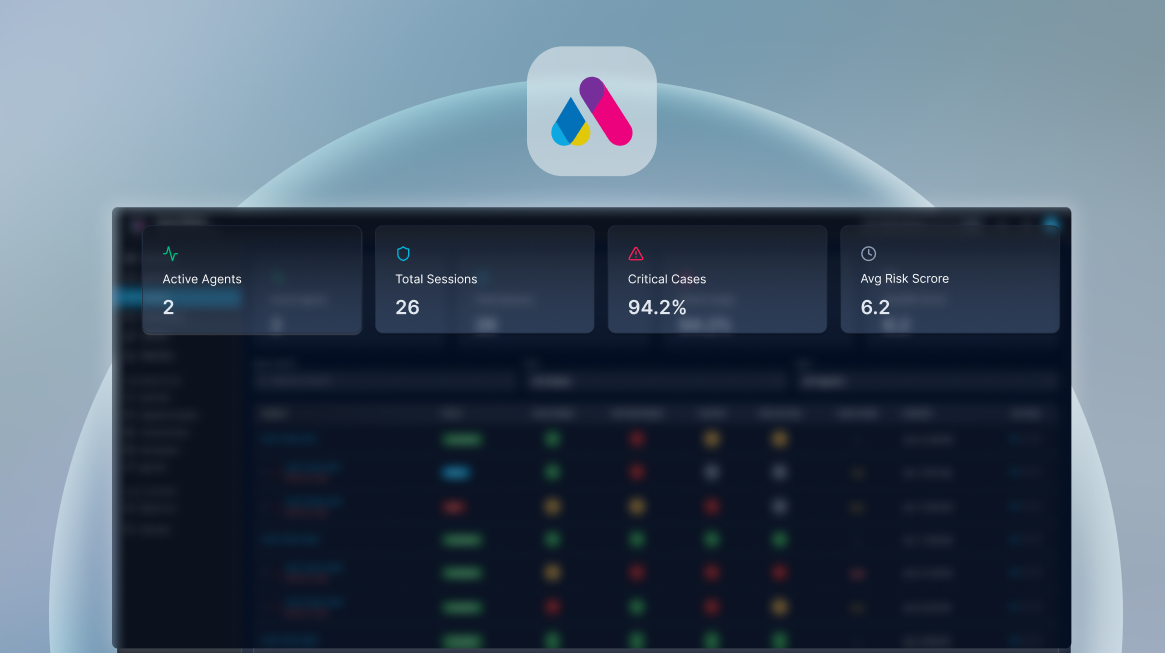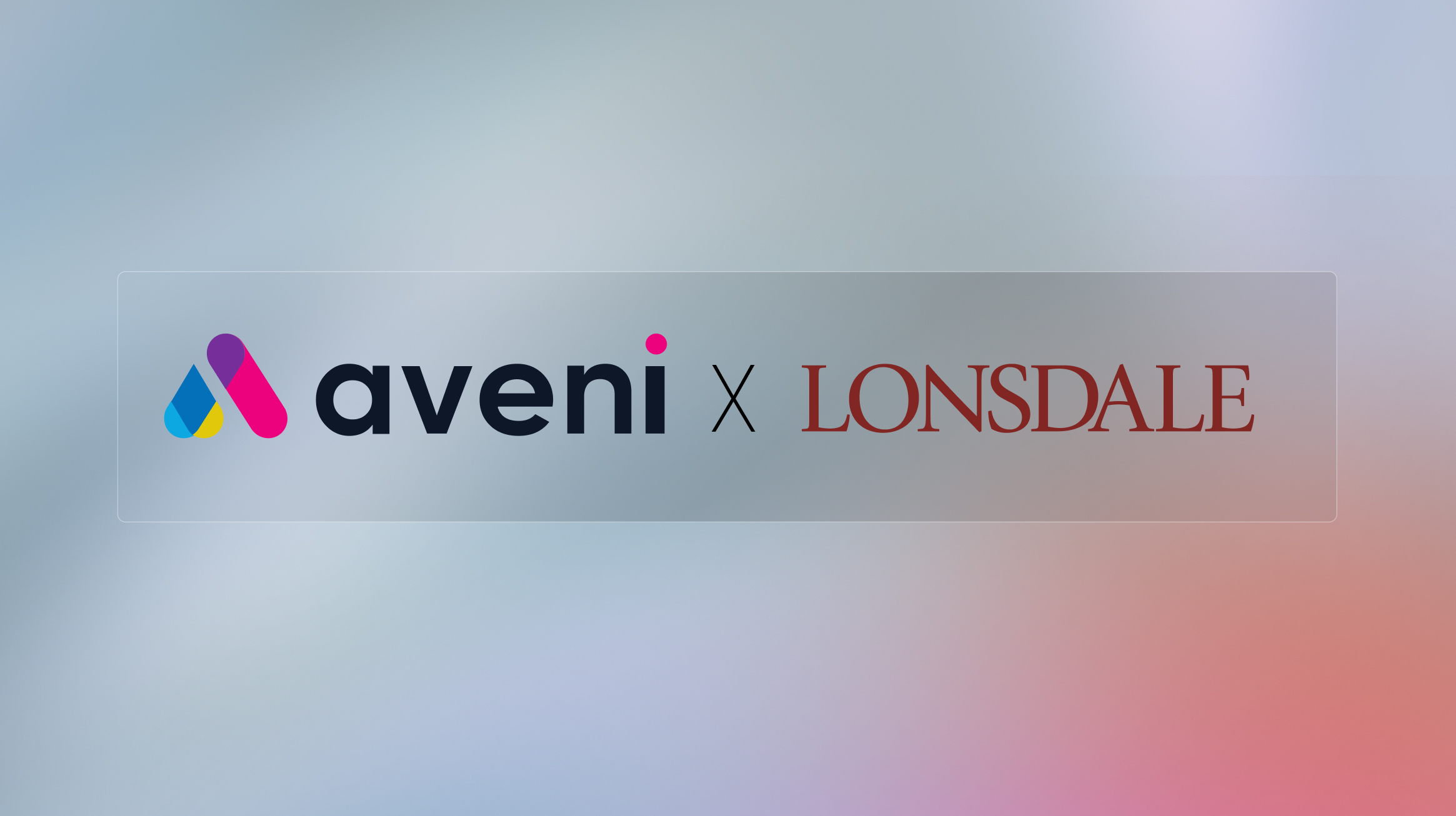Key Takeaways
- Consumer Duty Oversight: The FCA is increasing scrutiny on how advisers apply the Duty. Enforcement actions are now emerging, even though the formal “Duty Champion” role has been removed.
- Ongoing Service Delivery: Regulators are focusing on ongoing advice services. Advisers must deliver promised reviews, prove fees provide fair value, and keep clear audit trails.
- Closing the Advice Gap: Only around 9% of UK adults received regulated advice last year. The FCA’s “targeted support” proposals aim to expand access, requiring advisers to adapt workflows.
- Technology as an Ally: Automation tools such as Aveni Assist and Aveni Detect reduce admin by streamlining documentation, flagging risks, and maintaining audit-ready records.
Why Q4 2025 Matters
The final quarter of 2025 brings major FCA updates that reshape compliance for UK advisers. With the Consumer Duty now established, the regulator has moved from implementation to supervision and enforcement.
Advisers face new expectations on client outcomes, proposals to widen access to advice, and stronger demands on suitability and record-keeping. Standards remain high. Firms that prepare early can turn these challenges into opportunities by using tools and practices that both improve compliance and enhance client service.
→ Related: Six questions every wealth management board should be asking about AI
1. Consumer Duty Enforcement Intensifies
The Duty remains central to the FCA’s agenda. The regulator has removed the board-level “Consumer Duty Champion” role, making the Duty part of business-as-usual governance.
By mid-2025, the FCA had already opened its first enforcement case for alleged breaches in wealth management. This rare step shows that serious lapses will lead to investigation and penalties.
In Q4, the FCA is reviewing Consumer Duty board reports and complaint data. They want proof that firms are identifying issues, such as patterns in complaints or how vulnerable clients are treated, and acting on them.
Consumer Duty is not a one-off task. It requires continuous oversight and clear evidence that client interests come first.
2. Ongoing Advice Under Scrutiny
The FCA has increased focus on ongoing advice arrangements. About 90% of new clients are placed into service agreements, usually with annual reviews for a recurring fee.
The concern is that some clients are paying for services that are missed or add little value. A 2025 survey found most reviews were delivered, but some were missed or declined. The FCA followed up to ensure no client was charged for undelivered advice.
By year-end, advisers must show that every review in 2025 was completed or that a client declined it. The rule is simple: charge only for what you deliver and prove the service offers fair value.
Firms need systems that log every meeting and outcome. For example:
- “Client A’s annual review took place on 15 March.”
- “They agreed with the updated plan.”
- “Here is the suitability report and follow-up notes.”
Without this, firms risk penalties and reputational damage. Those who excel at documentation will also build stronger client trust.
3. Bridging the Advice Gap with Targeted Support
Only 9% of UK adults received regulated advice on pensions or investments in the past year. Many avoid it because of cost or complexity.
In Q4, the FCA introduced proposals for “targeted support.” This would let firms provide limited-scope advice to groups with similar needs, such as savers holding large amounts of cash or retirees drawing down pensions too quickly. It offers lower costs than full advice while still protecting consumers.
The FCA is also revisiting rules for simplified advice to clarify how firms can offer low-cost options under Consumer Duty.
These reforms will create opportunities in 2026. Advisers will need to adjust workflows and disclosures. For example, if you provide targeted support on pension drawdown, you must still evidence the reasoning behind your advice within that scope.
Firms that plan now can extend services to more people while staying compliant.
4. Every Client Interaction Must Be Traceable
The FCA expects firms to keep detailed records of every client interaction. Regulators want to follow your reasoning from fact-find through to outcome.
Audit-ready documentation means more than storing emails. It requires an end-to-end trail:
-
Why a recommendation was made.
-
How it matched the client’s objectives and risk profile.
-
Evidence of the client’s understanding and agreement.
This applies across all channels: in-person, video calls, and email. The FCA also expects clear, plain language and proof you considered vulnerable clients’ needs. Many firms are updating templates and training staff to improve communication.
By the end of 2025, every firm should be confident that its documentation is complete, traceable, and easy to access.
5. Simplification, Not Relaxation
The FCA is working to reduce unnecessary burdens. The removal of the Duty Champion role was one example. A broader review of the handbook is underway to cut outdated requirements and duplicative reporting.
This does not mean standards are easing. Outcome-based principles such as fair value, clear communication, and acting in clients’ best interests remain firm.
Simplification should make compliance more efficient, but firms must stay vigilant. Keep an eye on consultations expected in early 2026 and be ready to adapt processes quickly.
Why a Year-End Check-In Matters
Q4 is the best time to run a compliance review. Firms are preparing reports, audits, and plans for the year ahead. A review helps confirm that 2025 requirements are fully in place and that you are ready for 2026 reforms.
Think of it as a health check. You make sure promises are delivered, records are complete, and your team is aligned with FCA expectations. Starting the new year with a clean compliance record builds confidence for you and your clients.
Priorities for 2026
-
Deliver on Promises: Complete or document every ongoing service.
-
Maintain Records: Keep a full audit trail of meetings, advice, and outcomes.
-
Communicate Clearly: Use plain English and explain costs, risks, and features.
-
Stay Agile: Monitor FCA updates, update templates, and train staff to adapt quickly.
How Aveni Helps
AI and automation are now essential to compliance. Aveni’s platform was built for UK advisers navigating Consumer Duty and other regulations. It supports, rather than replaces, professional judgement.
From Meeting to Report in Minutes
Aveni Assist captures client meetings and produces a draft suitability report, a goals summary, and a follow-up email within minutes. Each output links to the transcript, creating a built-in audit trail.
Never Miss a Review
The system integrates with CRMs to log meetings, update records, and generate reminders. Every client commitment is tracked and evidenced.
Real-Time Prompts and Risk Flags
During meetings, AI can prompt advisers to clarify missing details. Aveni Detect reviews 100% of interactions afterwards, flagging gaps or risks.
Always Audit-Ready
All records are stored centrally. Automatic compliance checks confirm that reports meet FCA rules, include required warnings, and use plain English.
Future-Proof Compliance
As regulations evolve, Aveni updates its models so your reports and workflows remain aligned.
The Bottom Line
Q4 2025 confirms the FCA’s stance: higher expectations, closer scrutiny, and no compromise on outcomes.
Compliance can feel heavy, but it does not need to overwhelm. With the right technology, it becomes a strength. Aveni Assist and Aveni Detect turn meetings into documentation, track services, and create a complete audit trail in the background.
As you enter 2026, make sure every interaction is recorded, every outcome traceable, and every requirement met. This builds trust with clients, protects your firm, and positions you for sustainable growth.
Ready to see AI in action?
Discover how Aveni’s platform automates regulated workflows, strengthens compliance oversight,
and delivers measurable ROI across your firm.
Book a demo









